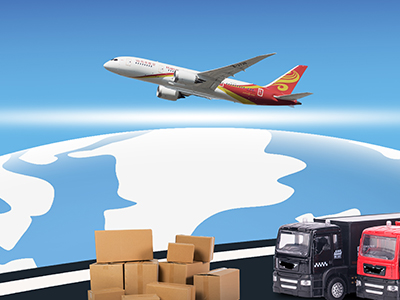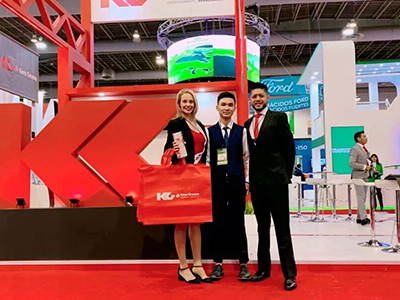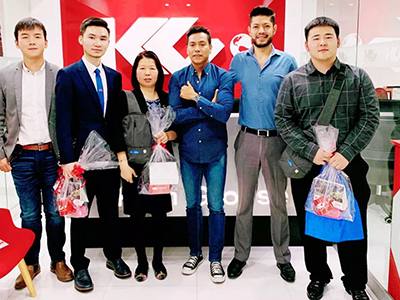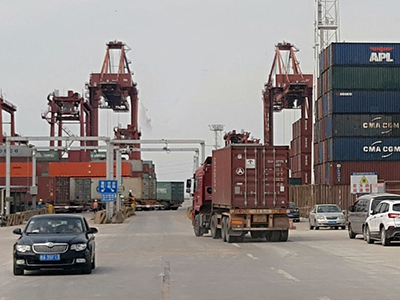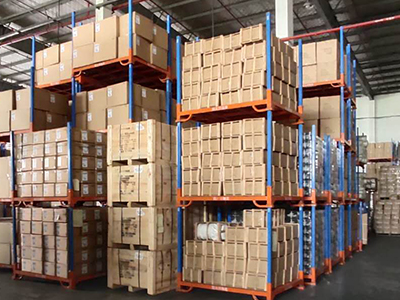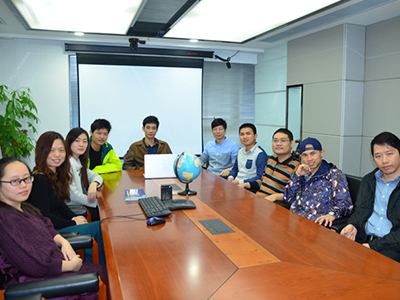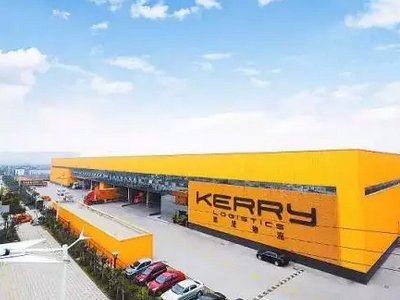CNS believes changing customs rules will make Mexico a trade force to be reckoned With, The new rules, which were passed in October 2013 and will be implemented in October 2014, reduce the number of obstacles to becoming a Mexican customs broker.
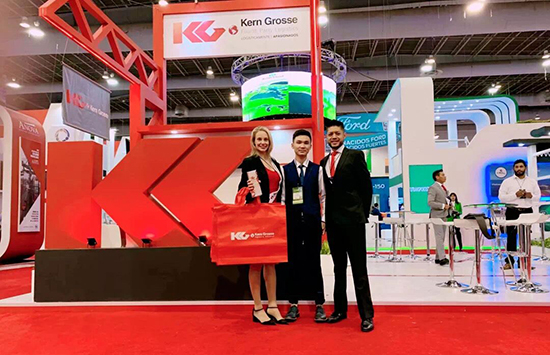
Presently:
You have to be a Mexican national to be a Mexican customs broker. If you are not well connected in Mexico, it is unlikely or impossible that you can become a Mexican customs broker. It is also rare to have an individual test or qualify to become a broker in Mexico, making the licenses very secure.
Mexican brokers today are held personally responsible for all brokerage done by their company.
Brokers’ licenses can only be used at a maximum of 4 ports. Often, a family of a few brokers joins together, effectively controlling more than 4 ports together to increase their brokerage presence.
With the new rules, companies no longer need a Mexican customs broker to do the filings for them. Instead:
Companies that want to conduct customs in Mexico can arrange for an employee who is well versed in customs business to take a test. If they pass, they can become a Certified Customs Specialist. The employee will then be responsible for conducting customs business on the company’s behalf.
All responsibility for the validity of customs transactions becomes the joint responsibility of the newly appointed Certified Customs Specialist and the Mexican Importer.
These changes allow companies with intricate, well-designed customs programs to use their own licensed brokers, becoming self-filers. Self-filers can do remote location filing and do not need a physical presence at the Mexican ports. In addition, customs brokers are no longer limited to 4 ports, this means they can more easily expand their customs territories.
Along with these new rules come changes in the value added tax (VAT). At present, those near the border pay 11% VAT, while those in the interior pay 16%. Now, VAT will be 16% across the board for all transactions.
Companies that participate in the maquiladora program will be impacted by these changes. Members of the maquiladora program are certified manufacturers in Mexico.
Under the program, they currently have 18 months to import materials on a temporary basis into Mexico, with the intent to use those materials for production of finished goods. The maquiladoras can defer the payment of VAT until the goods are exported or sold within Mexico; they have 18 months to export these temporarily imported goods either as finished goods, scrap, or in the same condition as they were originally imported. Now all companies, by default, must pay the VAT up front.
While this may seem like a disadvantage to the maquiladoras, the government has developed new programs for them, and hopes that more companies will become certified in those programs, which will:
Increase transparency between Mexican customs and the maquiladoras. Before, if customs found any type of clerical error, they automatically assumed fraud. As the new rules begin, maquiladoras will be able to fix clerical/typo errors without automatically being accused of fraud.
Enable member maquiladoras to extend their hours of operation.
Offer 3 options for payment of VAT—the biggest perk of being certified. In option 1, the default option, payment of VAT will be due at the time of importation. In option 2, VAT can be financed by the Mexican government, but the terms of the financing option have not yet been released. And in option 3, a maquiladora certified in the highest level of the program will be allowed to defer the payment of VAT until the expiration of the 18 month grace period, as they currently do today in the maquiladora program. The government is encouraging every maquiladora to join the program.
These new laws and programs are game changers. Mexico is heavily focused on promoting trade and growing their economy, with hopes of becoming one of the top ten economies in the world.
CNS cross-border E-commerce logistics aims to provide multinational e-commerce operators with logistics distribution services for the European Union, North America, Mexico, South America and Australia.Main amazon FBA door-to-door transportation (including sea and air transportation), FBA express and FBA related supporting services, etc., providing convenient and safe logistics solutions for cross-border e-commerce, with professional international logistics experience.



